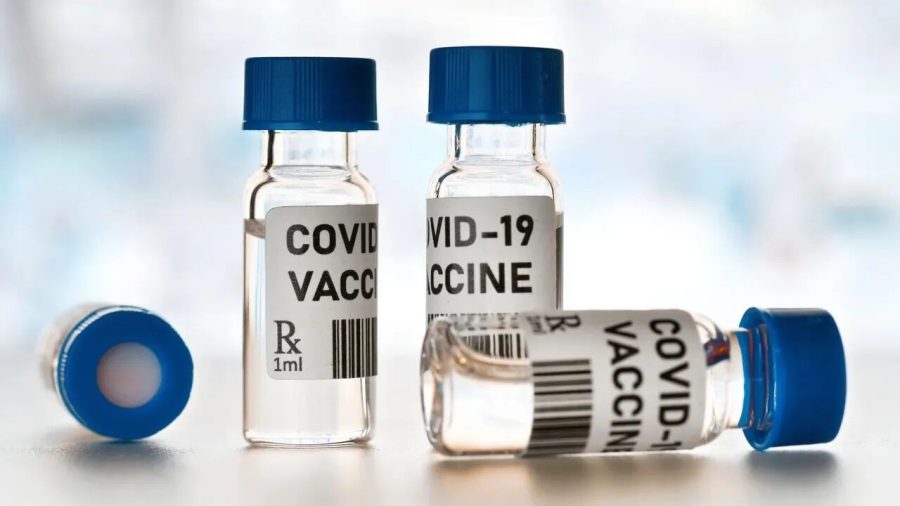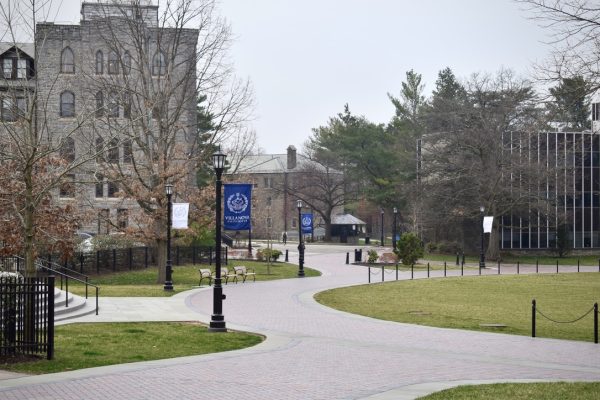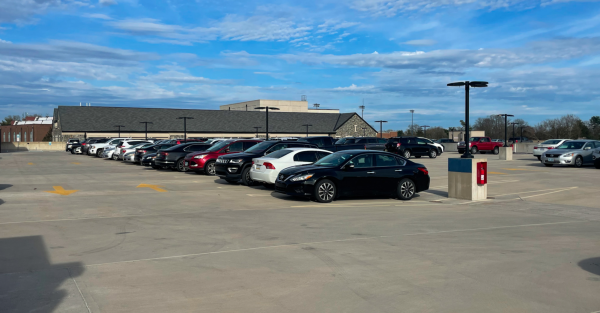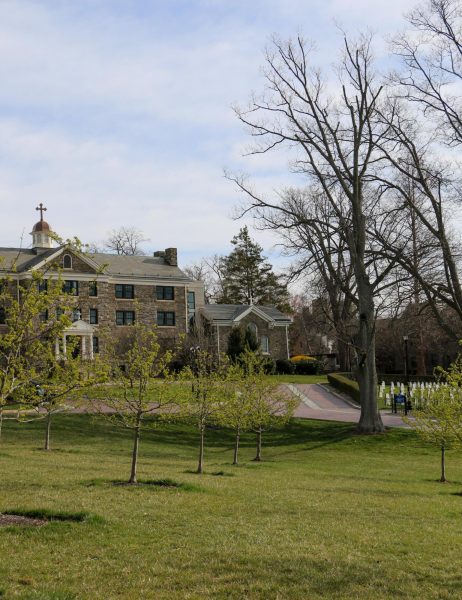Will the COVID-19 Vaccine Mean a Return to Normalcy?
Will the COVID-19 Vaccine Mean a Return to Normalcy?
September 23, 2020
When we got sent home in March, I tried to be optimistic. I held on to the possibility that we could be back in two weeks, even though I knew how unlikely it was. When we found out we would be staying home for the rest of the semester, it never occurred to me that we would have to worry about the stake of our fall semester.
At the time, I saw us coming back to school in the fall and having an even more adventurous and fun semester after getting through quarantine. As quarantine continued, however, it became clear that without the mass distribution of a vaccine, life could never even get close to normal.
Earlier this month, the CDC announced that a vaccine could be distributed as early as late October, and though the idea of a vaccine coming out brings a lot of relief, it also brings a lot of anxiety.
Typically, a vaccine will be tested for about 10-15 years to ensure that there are no negative long-term effects. Due to the fact that COVID-19 has the world at a standstill, we don’t exactly have the luxury of time. So, with so much uncertainty, will people still take the vaccine? And if the majority of people don’t, would the release of the vaccine even be effective?
Additionally, the idea of a vaccine has seemed to promise a return to normalcy. We’ve become dependent on the idea that when it does come out we can return to normal. Though the vaccine seems to ensure some idea of safety, it doesn’t ensure normalcy. What does life after mass distribution look like? How close can we get to normal?
More than 950,000 people worldwide have died due to COVID-19, the U.S unemployment rate is currently at 8.4% and education has been altered. It’s clear that life needs to get back on track, and though it seems we’re approaching the light at the end of the tunnel, we truly don’t know what’s beyond that light.
This confusion has been a common theme of the pandemic. There is so little we know, but we have to keep trying to do our best. When we returned to school, there was no way of knowing how long we would make it, what classes would be like or how any social events could work. Cases have remained low and many people have recovered and returned to campus.
As I wrote this article, I found myself asking so many questions that no one has the answers to. We’ve been living in an unknown for months now, and people want some sort of definite answer to hold on to.
That definite answer just isn’t available to us right now. We have to be okay with that unknown.
Assigning yourself some agency and putting faith in others is crucial if we want to see that idea of normalcy again. When a vaccine does come out, it may feel like we’ve reached the finish line. However, we must continue to be thoughtful and aware. A vaccine is one of the most important parts of ending this pandemic, but it doesn’t mean that we don’t play a role in ending this pandemic as well.






